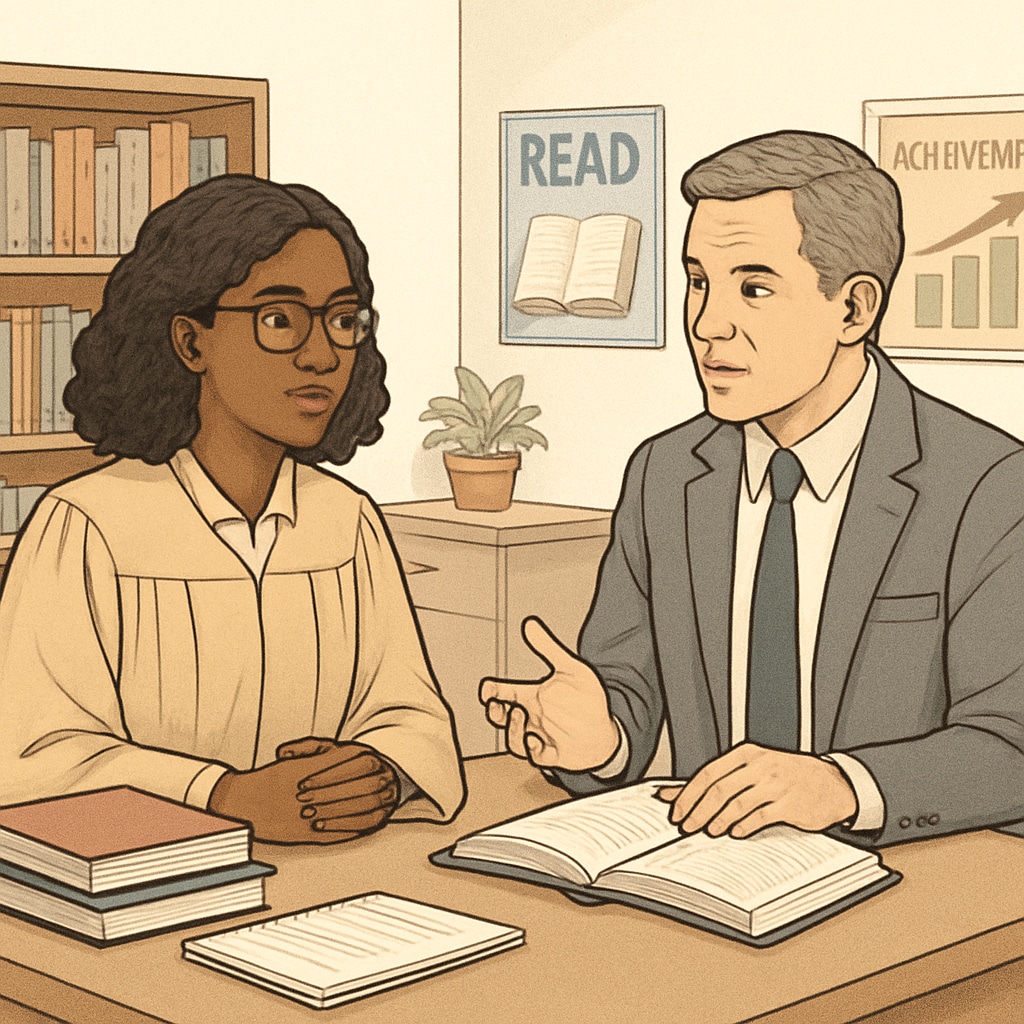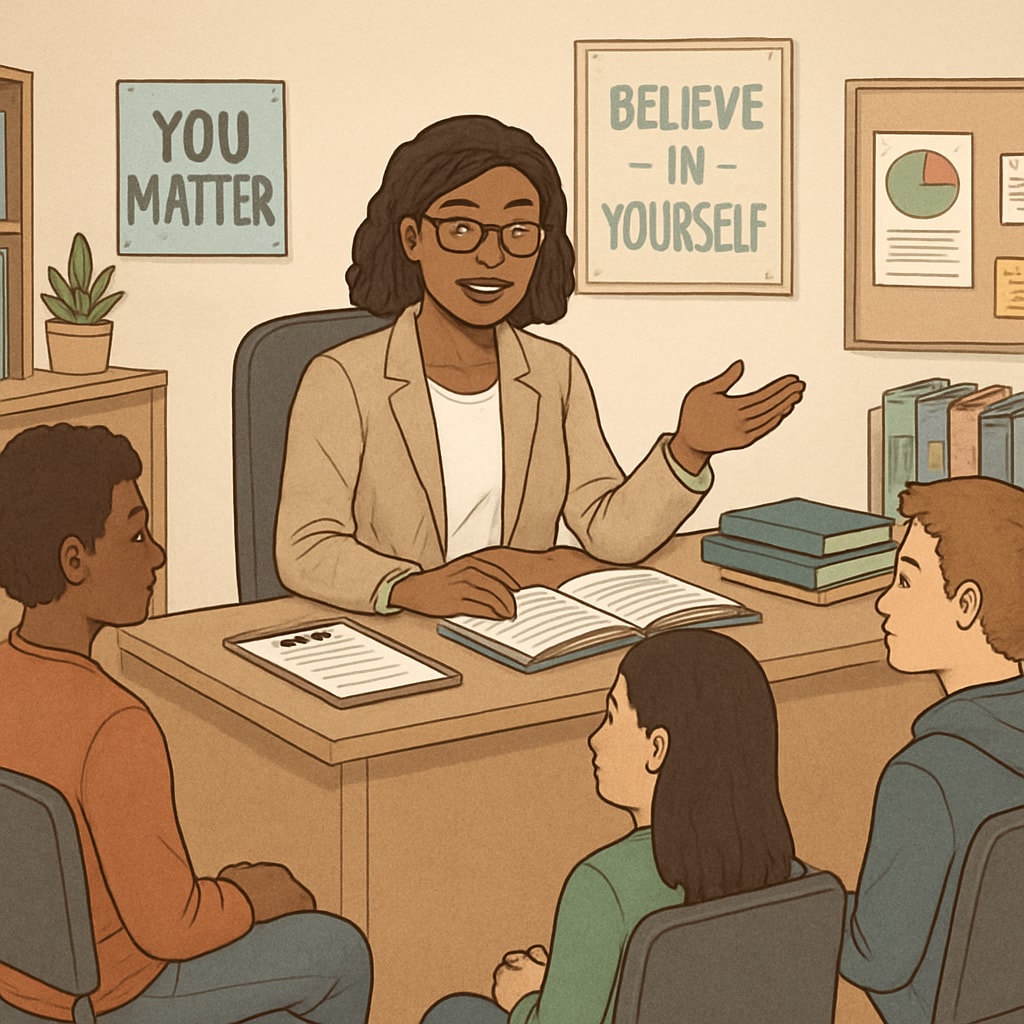Graduate students often encounter unique challenges while conducting interviews with school counselors for their research assignments. These interviews serve as a critical bridge between theoretical knowledge and practical application, offering invaluable insights into K12 education systems. However, the process can be daunting without proper preparation and communication strategies. This article delves into the significance of such interviews, identifies common obstacles, and provides actionable tips for effective engagement.

Understanding the Importance of School Counselor Interviews
Interviews with school counselors are an essential component of K12 education research. They provide firsthand perspectives on the challenges and opportunities within school systems, contributing to a deeper understanding of student support services. For graduate students, these interactions are not merely academic exercises—they are opportunities to gain practical insights that inform their studies and future professional practices.
For example, school counselors often deal with issues such as mental health support, academic planning, and conflict resolution. These topics are pivotal for research aimed at improving educational outcomes. By engaging counselors in meaningful discussions, graduate students can uncover data that enrich their projects and align academic theories with real-world applications.
Challenges in Conducting School Counselor Interviews
Despite their importance, interviewing school counselors comes with its own set of challenges. Here are some common obstacles:
- Scheduling Conflicts: School counselors are often busy with their daily responsibilities, making it difficult to secure interview time.
- Lack of Preparation: Graduate students may not fully understand the roles and responsibilities of school counselors, leading to vague or irrelevant questions.
- Communication Barriers: Misalignment in expectations or unclear communication can hinder the interview process.
Recognizing these challenges is the first step toward overcoming them. By addressing these issues proactively, graduate students can ensure productive and meaningful interviews.

Strategies for Successful Interviews with School Counselors
To maximize the effectiveness of interviews, graduate students should adopt the following strategies:
- Research and Prepare: Familiarize yourself with the school counselor’s role and responsibilities before the interview. This preparation allows you to ask focused and relevant questions.
- Establish Clear Communication: Contact the counselor well in advance, explaining the purpose of the interview and providing a list of potential questions. Transparency fosters trust and sets the stage for a productive conversation.
- Be Respectful of Time: Schedule the interview at a convenient time for the counselor and keep it concise. Demonstrating respect for their schedule builds rapport.
- Use Open-Ended Questions: Encourage detailed responses by asking open-ended questions such as, “Can you describe the most significant challenges you face in supporting students?”
- Follow Up: After the interview, express gratitude and share any findings or outcomes if appropriate. This gesture strengthens professional relationships.
The Broader Impact of School Counselor Interviews
Conducting interviews with school counselors extends beyond academic research. These interactions foster professional growth by deepening understanding of educational systems, enhancing communication skills, and building networks within the field. Moreover, findings from these interviews can inform policies and practices that improve student outcomes, making them a valuable contribution to K12 education research.
As a result, graduate students who approach these interviews with diligence and professionalism not only advance their academic goals but also contribute to the broader educational landscape.
Conclusion: Interviewing school counselors is a rewarding yet challenging task for graduate students. By understanding their importance, anticipating obstacles, and adopting effective strategies, students can bridge the gap between theory and practice, gaining insights that enrich both their research and professional development.


